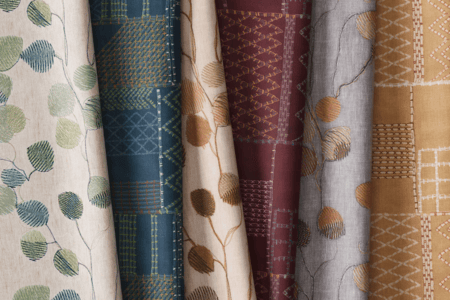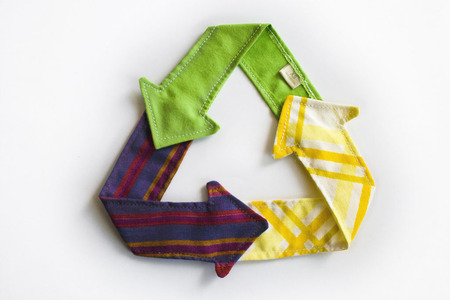Proposal to allow cotton hedge trading to facilitate smooth flow
YarnsandFibers News Bureau 2017-03-06 16:00:00 – KarachiThe Pakistan government need to allow cotton hedge trading through Karachi Cotton Association (KCA) as it will help economy by providing a cover against the risk of fluctuations in price, thereby facilitating smooth flow of national and international trading in cotton, said KCA Senior Member Ghulam Rabbani on Sunday.
This system will also increase liquidity prospects besides
Hedge trading is a special segment of trade. The utility of hedge trading in cotton has been re-affirmed by three Cotton Hedge Enquiry Committees set up by the government in 1953, 1965 and 1971.
Cotton and allied cotton products account for about 67 percent of the country's export earnings, he added.
The Karachi Cotton Exchange (KCE) used to perform this since 1934, but trading was stopped in 1976 by Zulfikar Ali Bhutto.
The Shariat Court in Islamabad on petitions by All Pakistan Textile Mills Association (APTMA) and Pakistan Cotton Ginners Association (PCGA), on May 27, 2010 granted six months to stakeholders for comments whether hedge trading should be started at Karachi Cotton Exchange (KCE) and is not against the Islamic laws.
KCE is the member of the International Cotton Association that is the world's leading international cotton trade association and arbitral body.
In case of resumption of hedge trading in cotton, it could only be resumed on the floor of KCE.
The APTMA and PCGA have always been opposing the opening of cotton hedge trading from any other forum except on KCE floor, as no one in the country is recognized and capable of doing this job.
According to Shakeel Ahmad, chief of Sindh Agriculture Forum, country has been facing production shortfall for the last many years and crop season 2016, March-end 2017 would witness around 3.5 million drop in production to around 10 million bales of cotton.
Market Intelligence
Ask for free sample Report

experience
Customer Base
dedicated team
Countries Served Worldwide









